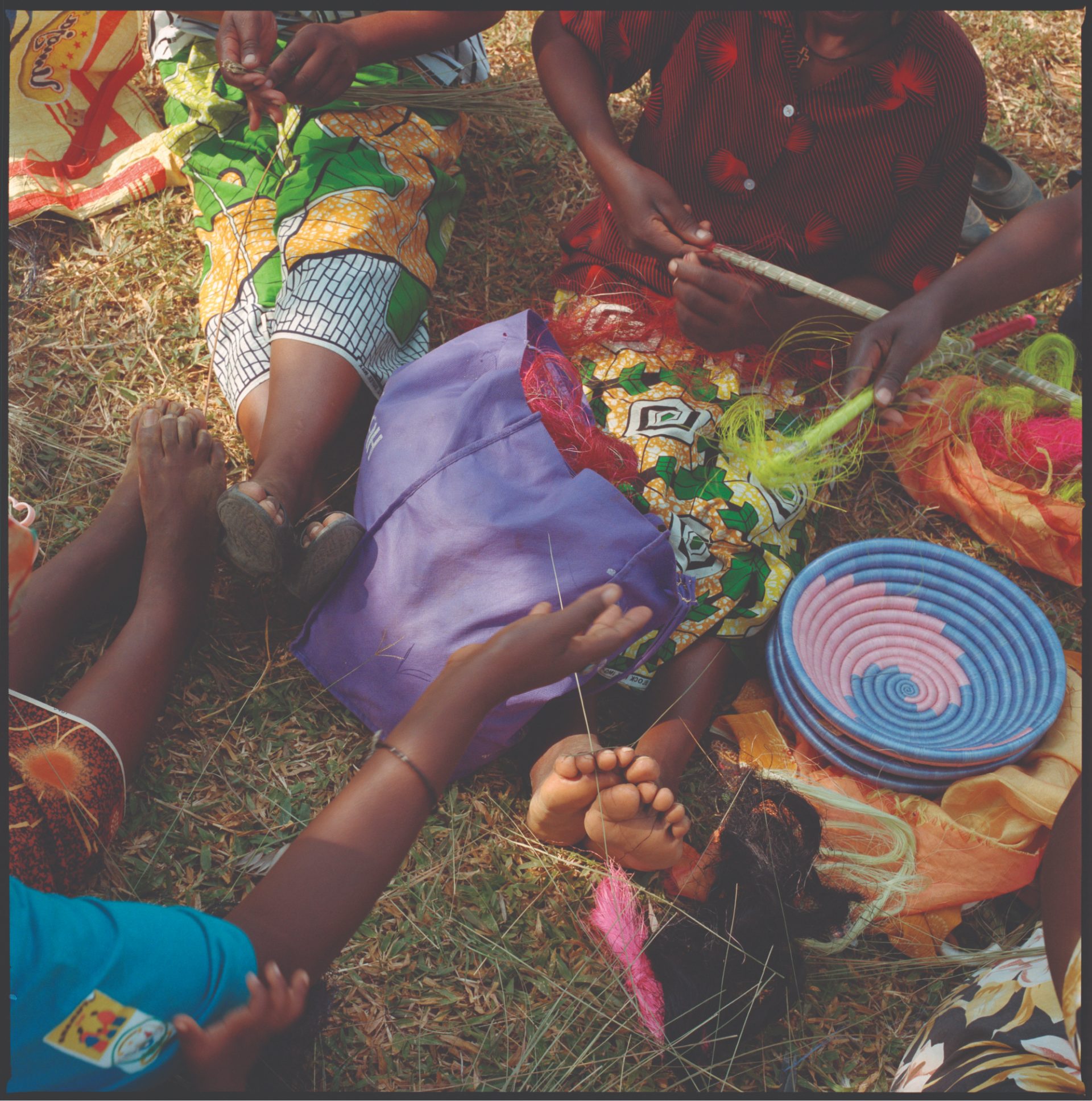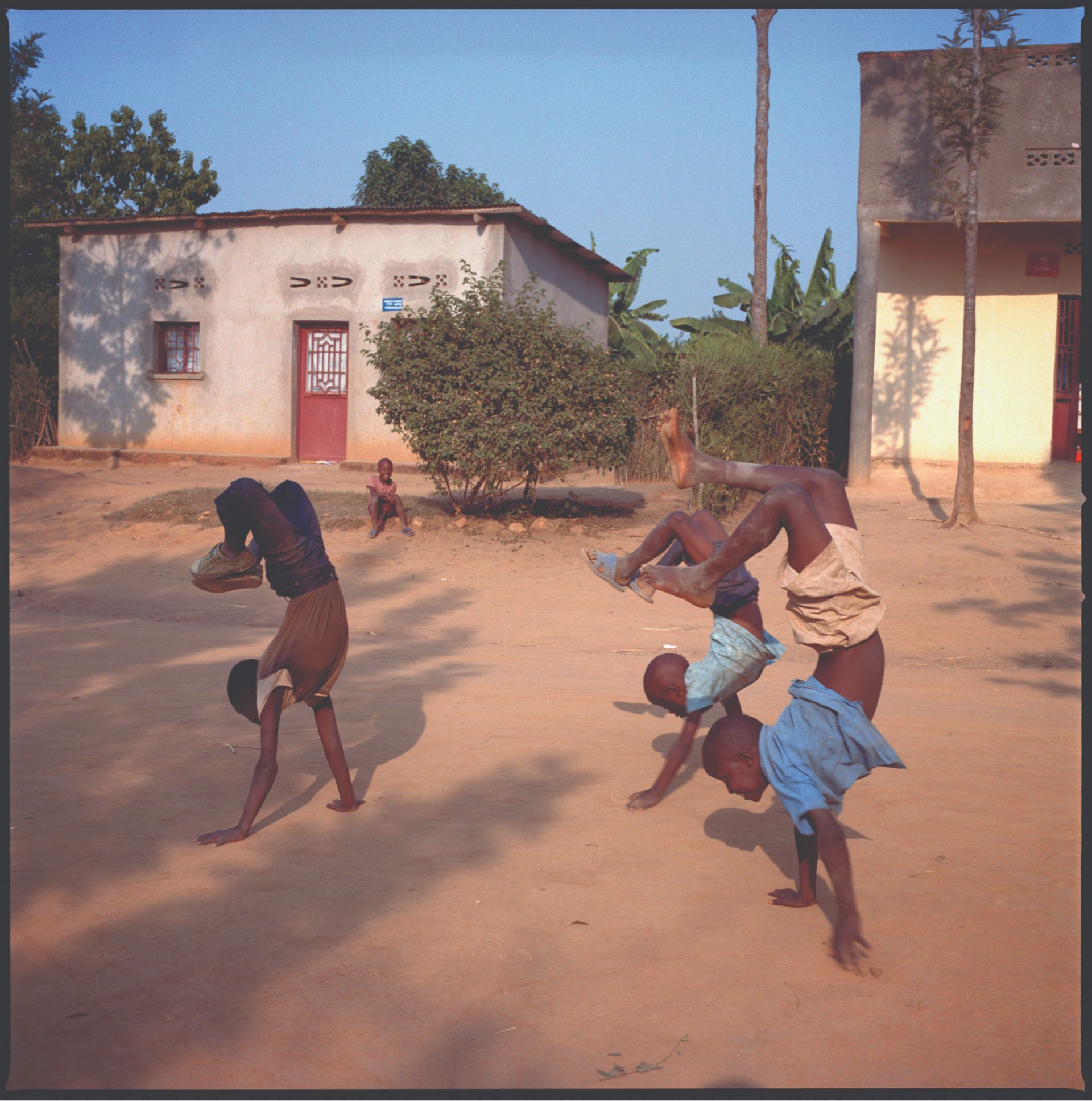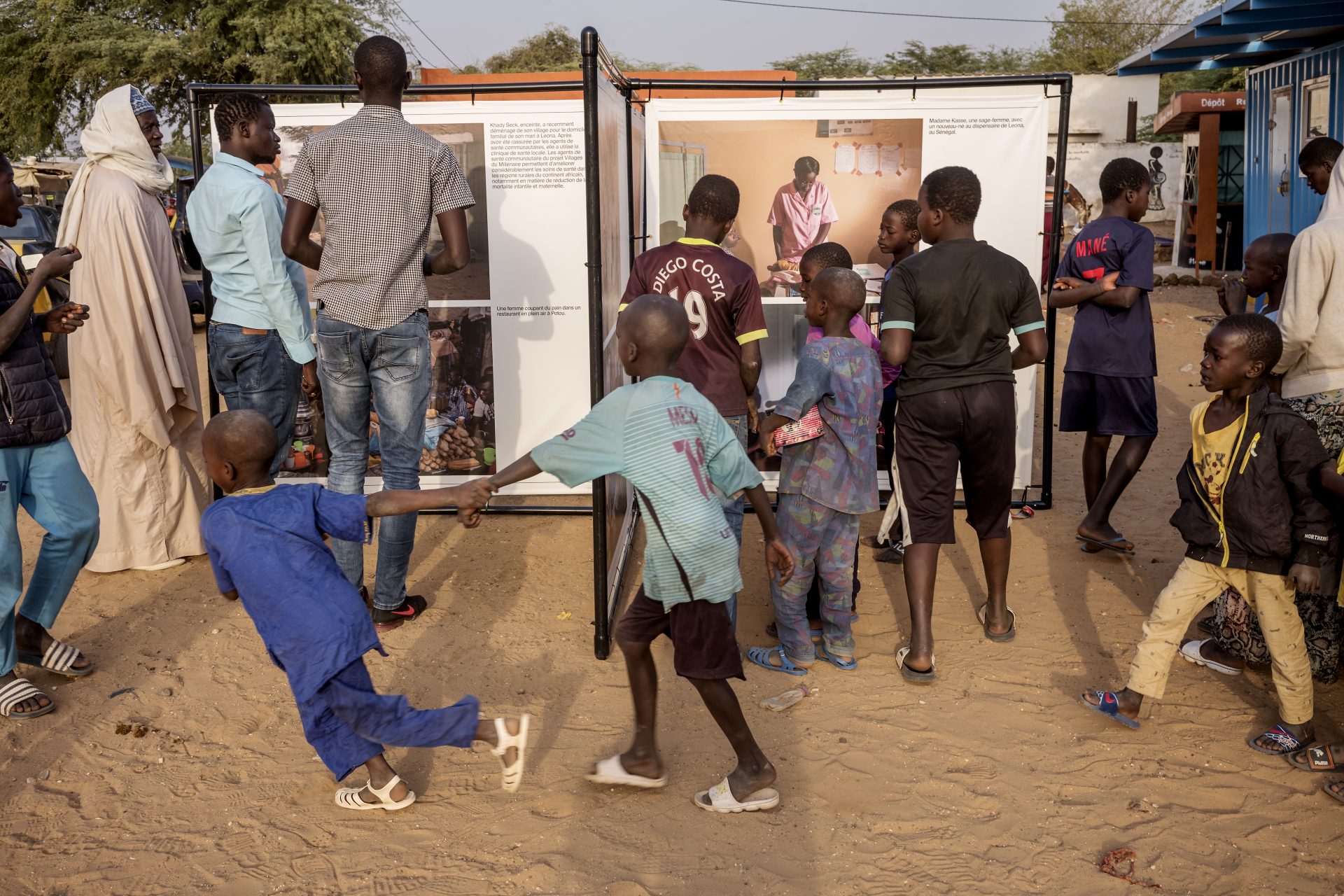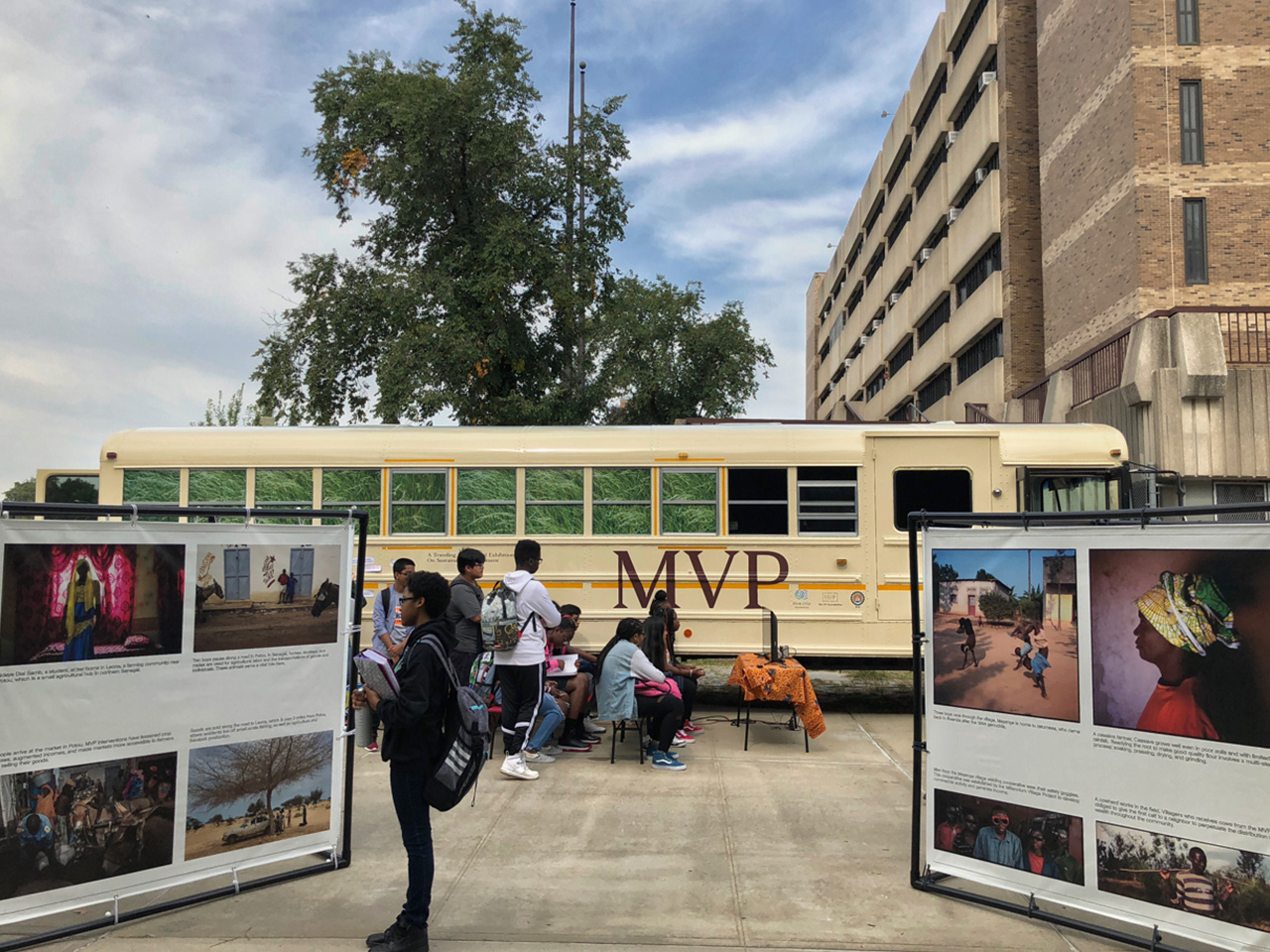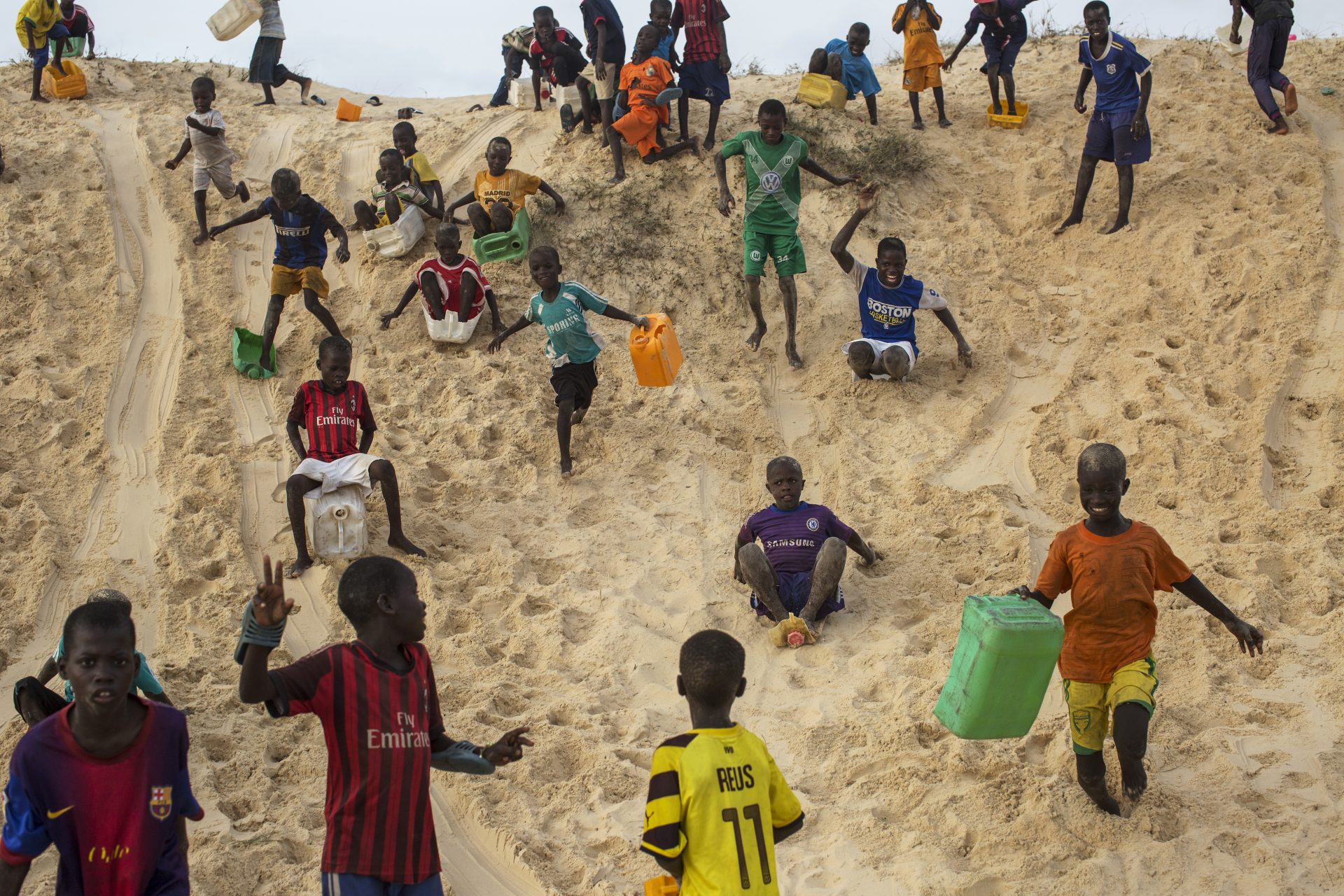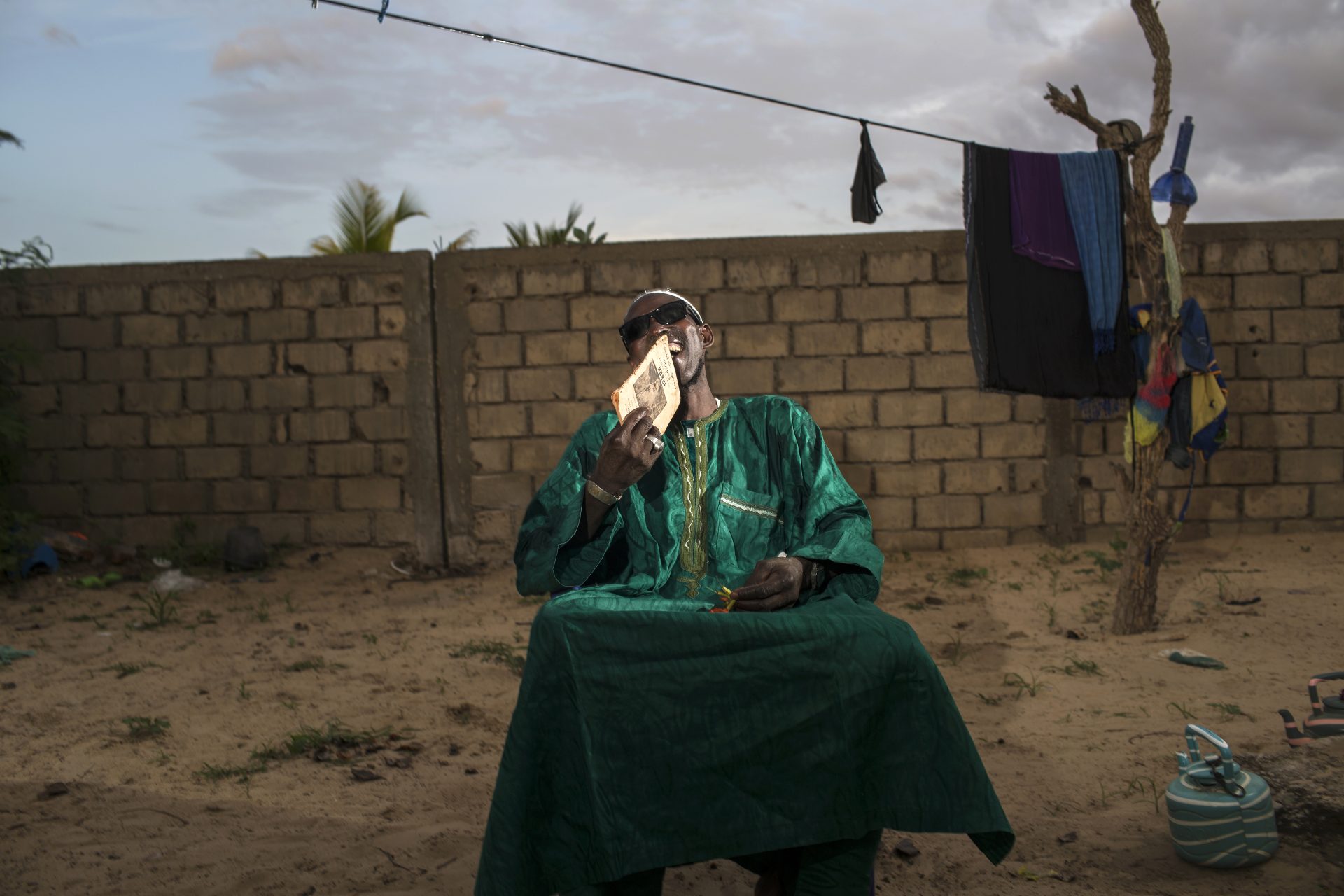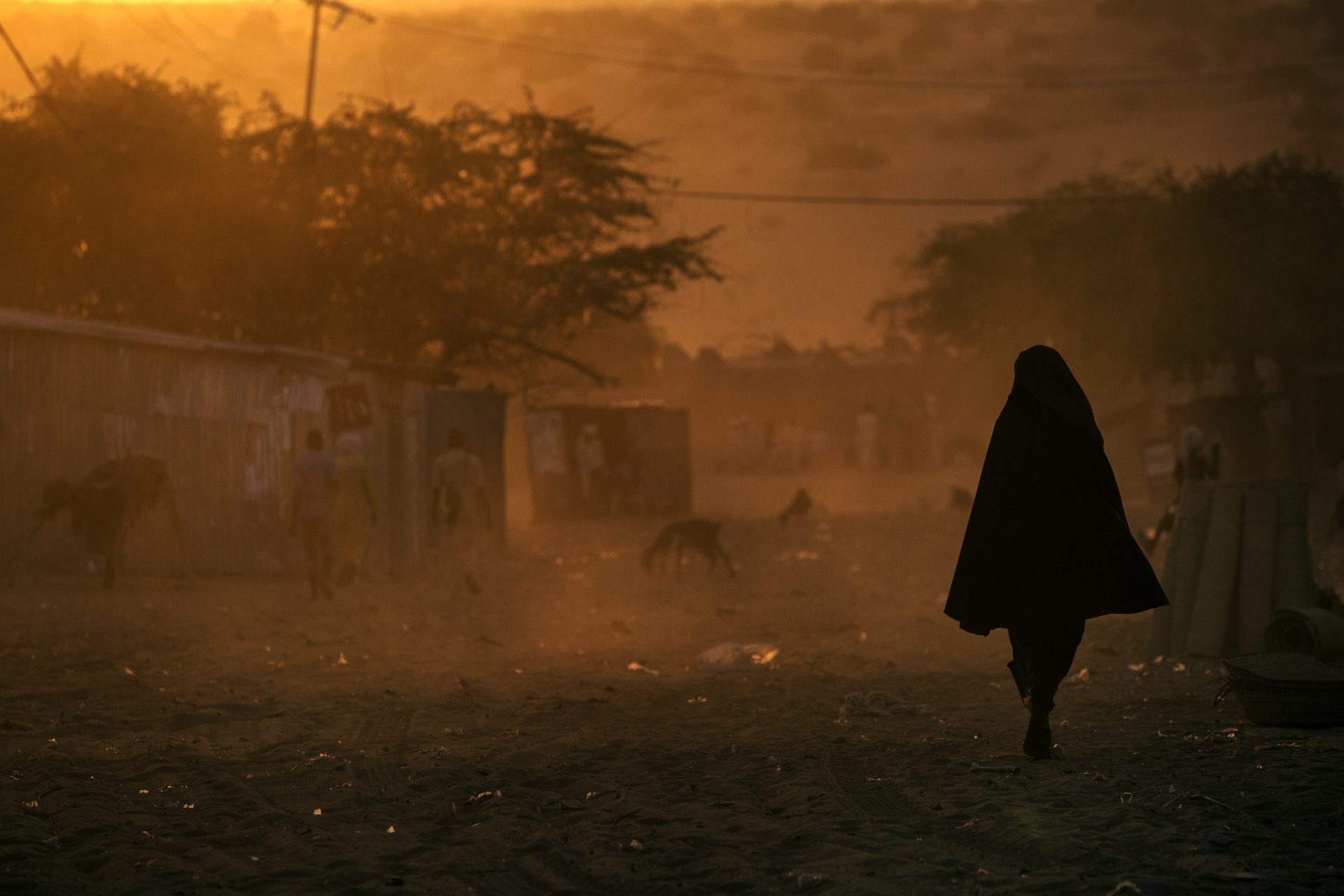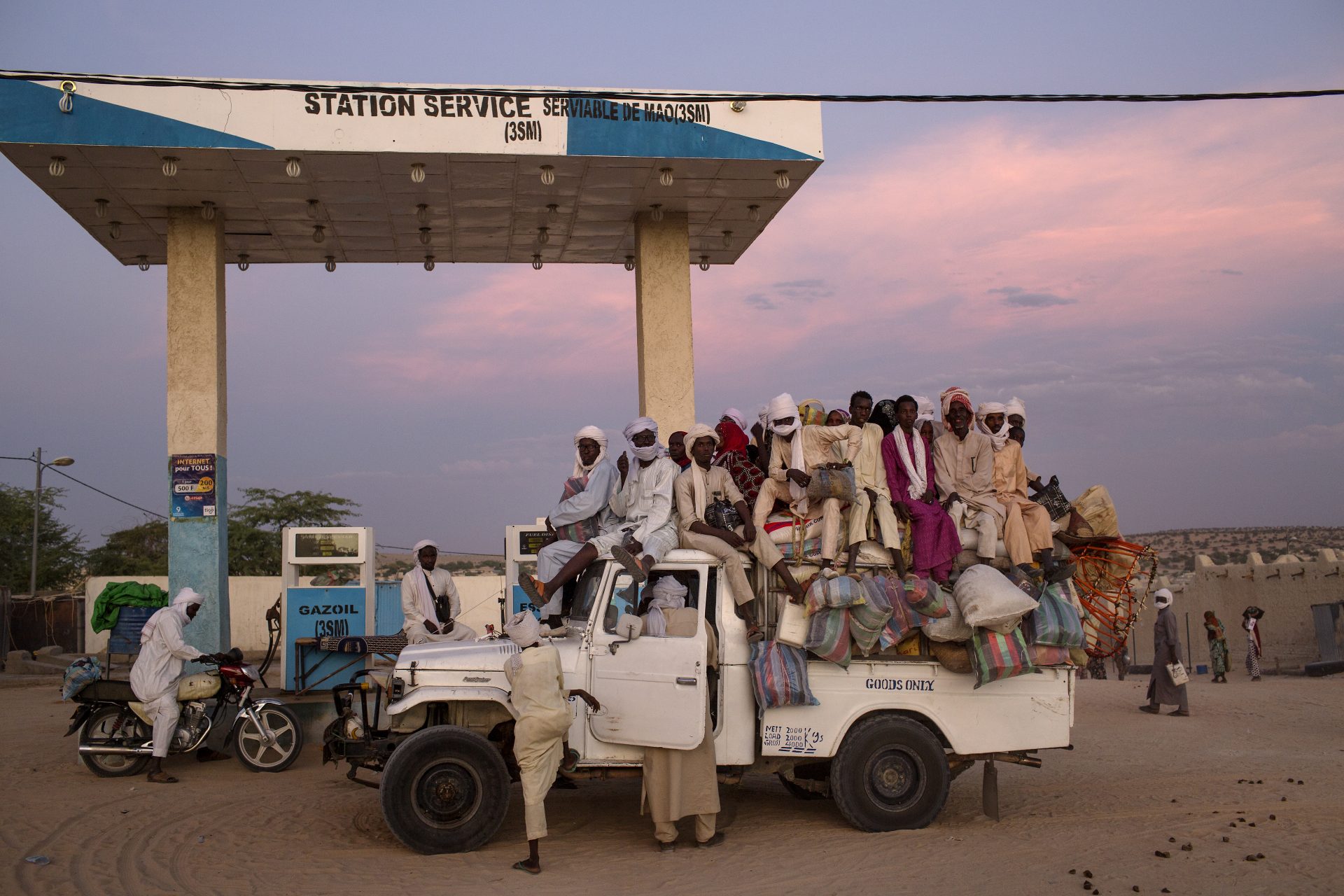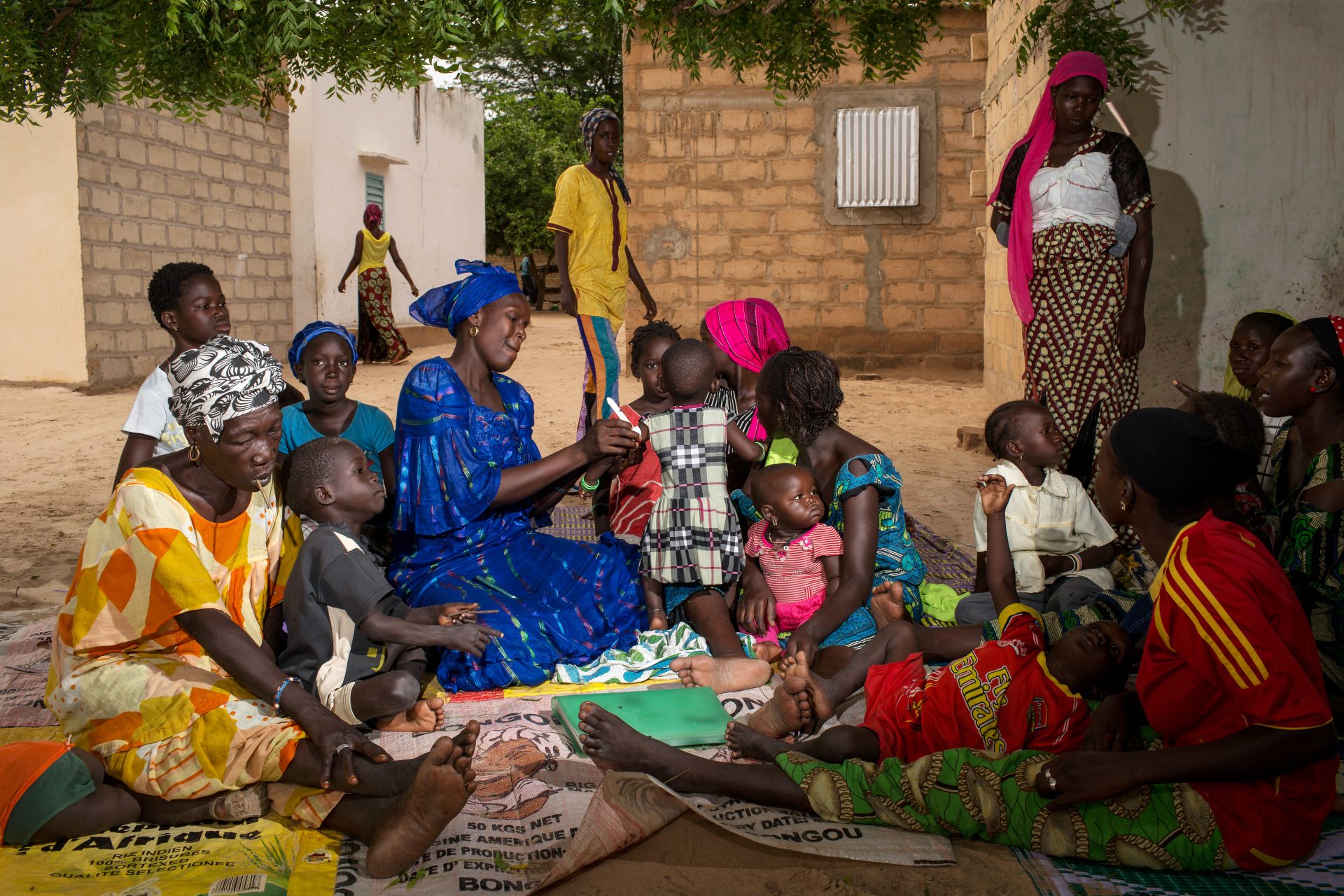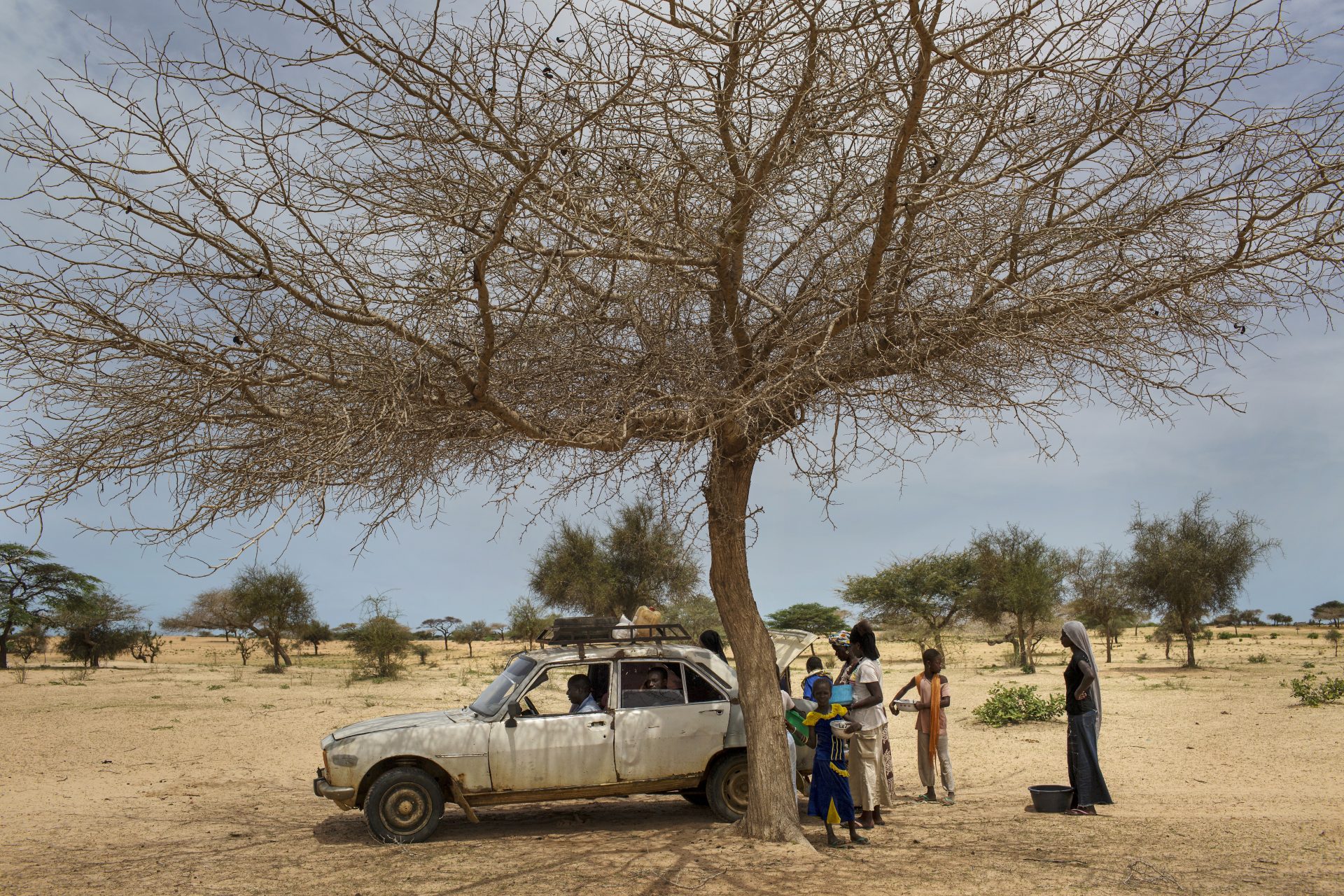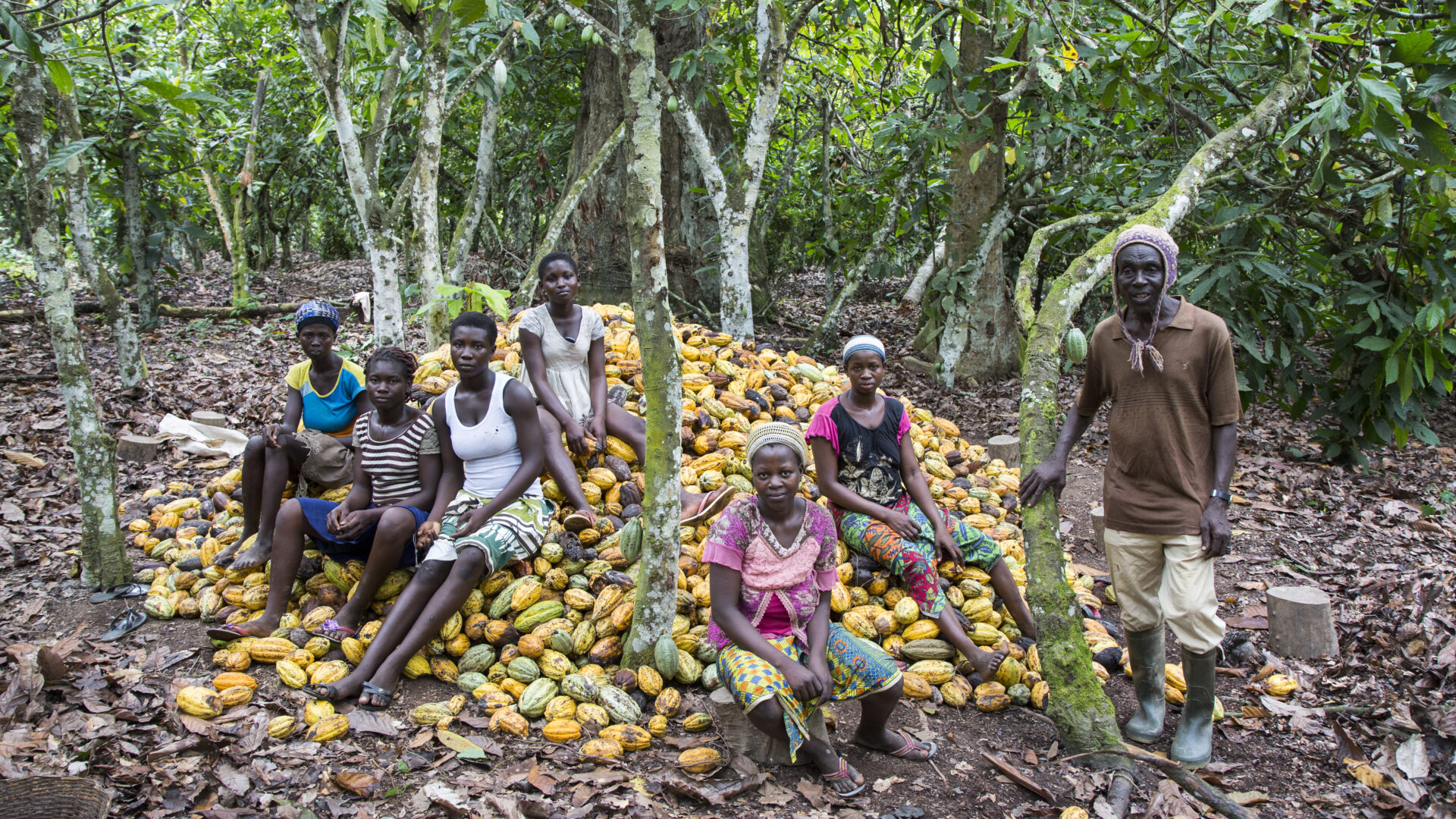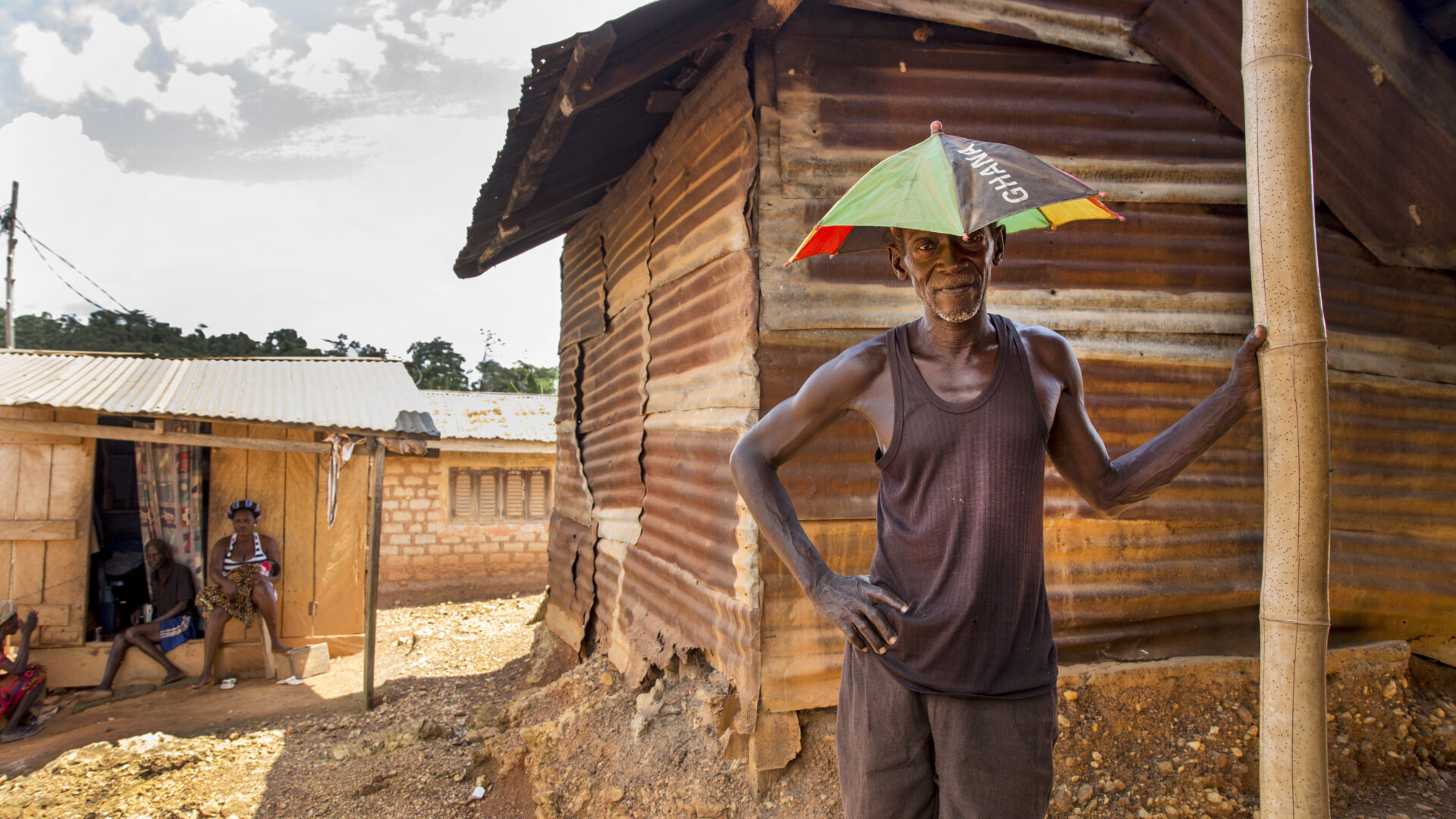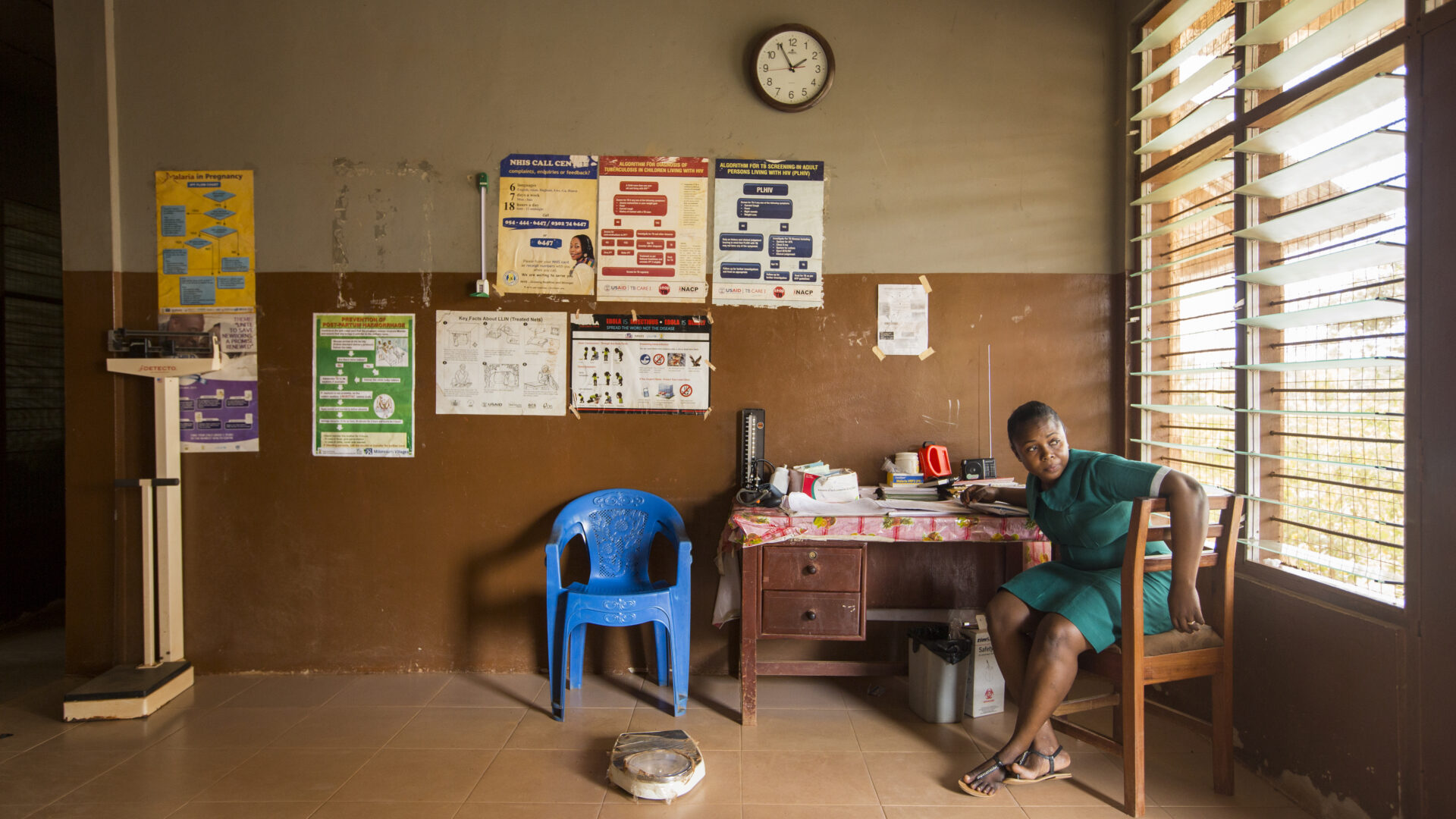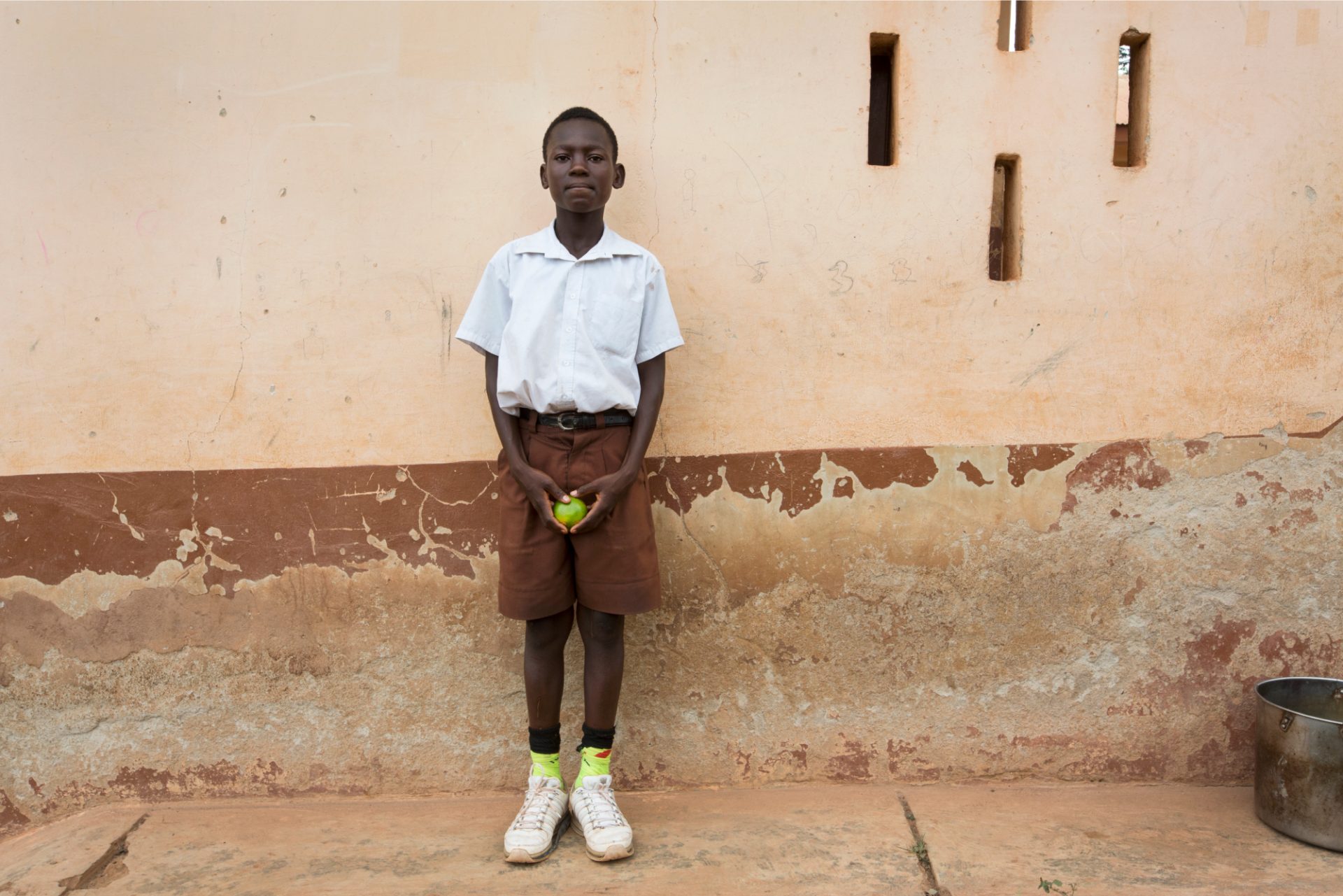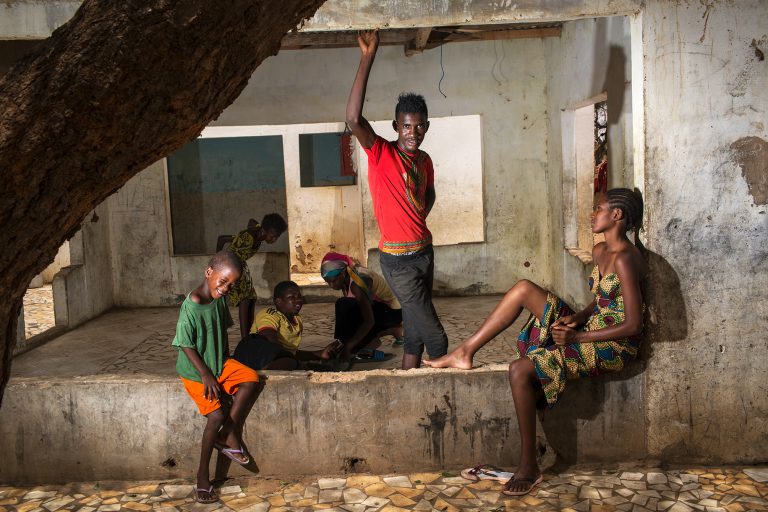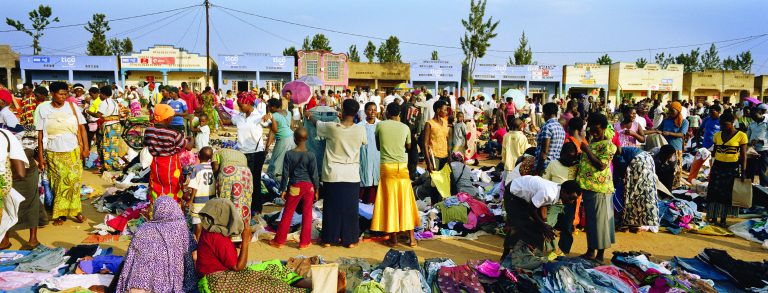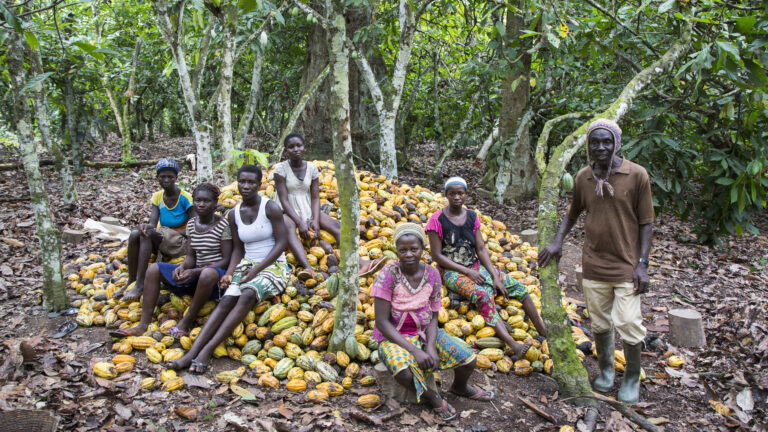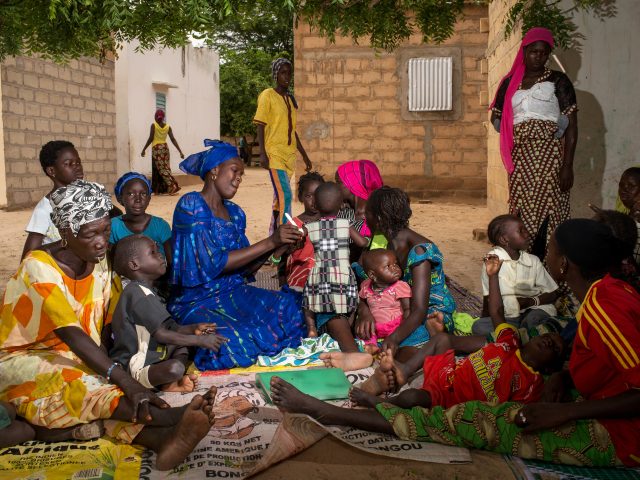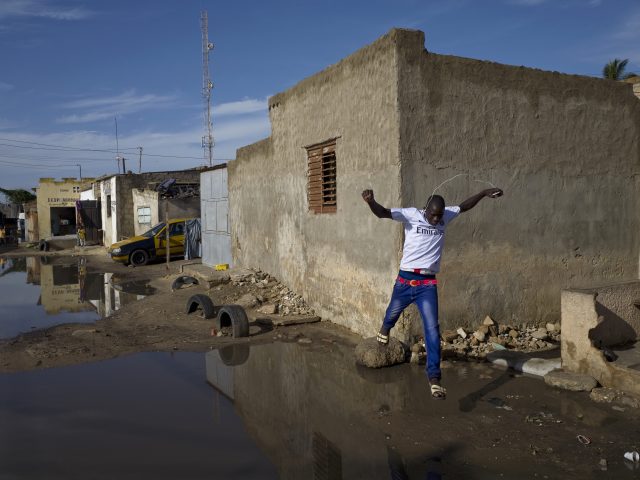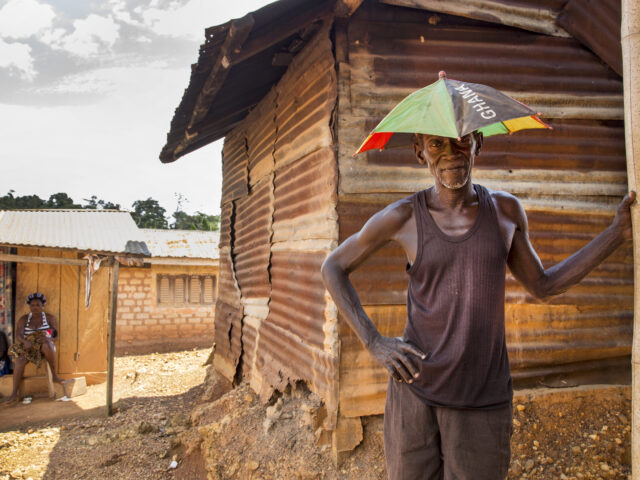The Millennium Villages Project, a brainchild of Jeffrey Sachs of Columbia University, set out to improve the quality of life for villagers living in some of Africa’s poorest locales. Ambitiously targeting multiple sectors of daily life, such as health, education, and infrastructure, the project operated on a ten-year timeline and ended at the end of 2015.
The initial analyses of the ten-year-long project suggest broad successes. As award-winning international correspondent Joshua Hammer writes in his MVP book introduction, “New roads… allowed farmers to bring their crops to markets in nearby towns, building a monetized economy. In some villages, money went to pay for solar-generated power, helping to create a sustainable electrical grid.” Of successes with girls’ education, he adds, it’s “a phenomenon that would have been unimaginable a mere decade ago.”
Through the documentation produced by The VII Foundation’s contributing photographers, with support from the Blue Chip Foundation, such reports came to life. Their work includes four photo essays, accompanying films, a book, and an exhibition. The statistics from Sach’s Earth Institute at Columbia University become more than mere numbers; this visual work gives dynamism and feeling to the people impacted by the interventions.
The Millennium Villages Project aims to show hundreds of thousands of people’s progress and demonstrates to the world that ending extreme poverty is possible. These experiences guide the more significant efforts of development organizations, governments, and the public.
As the world embarks on achieving Sustainable Development Goals, we are responsible for learning from what we have done in the past and moving toward making a sustainable future for all.
Generation Human Rights →
